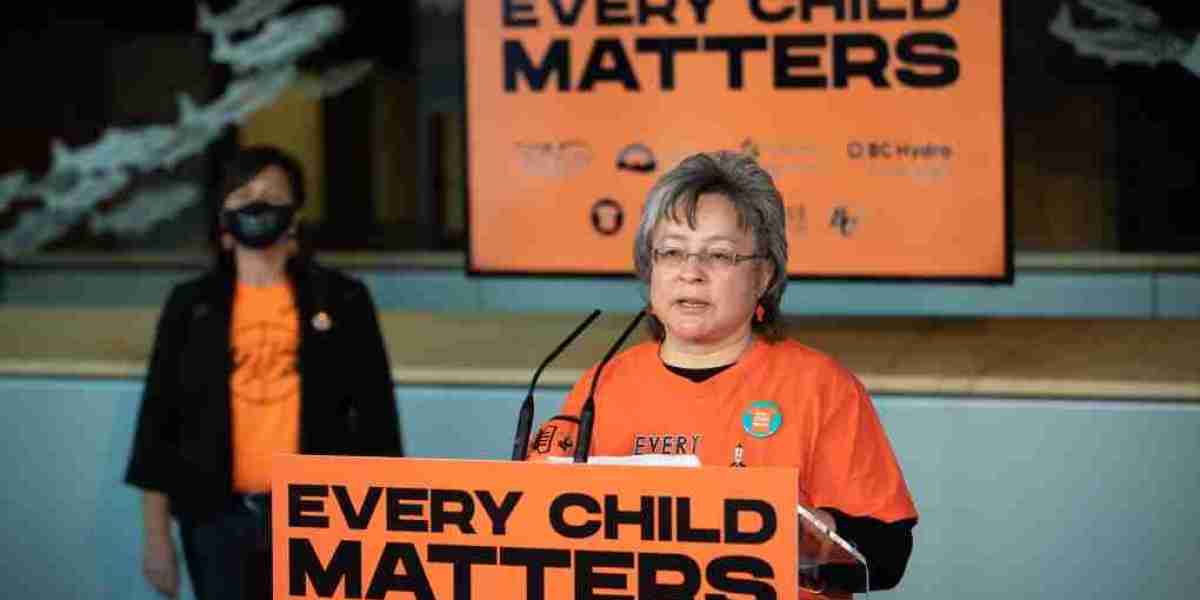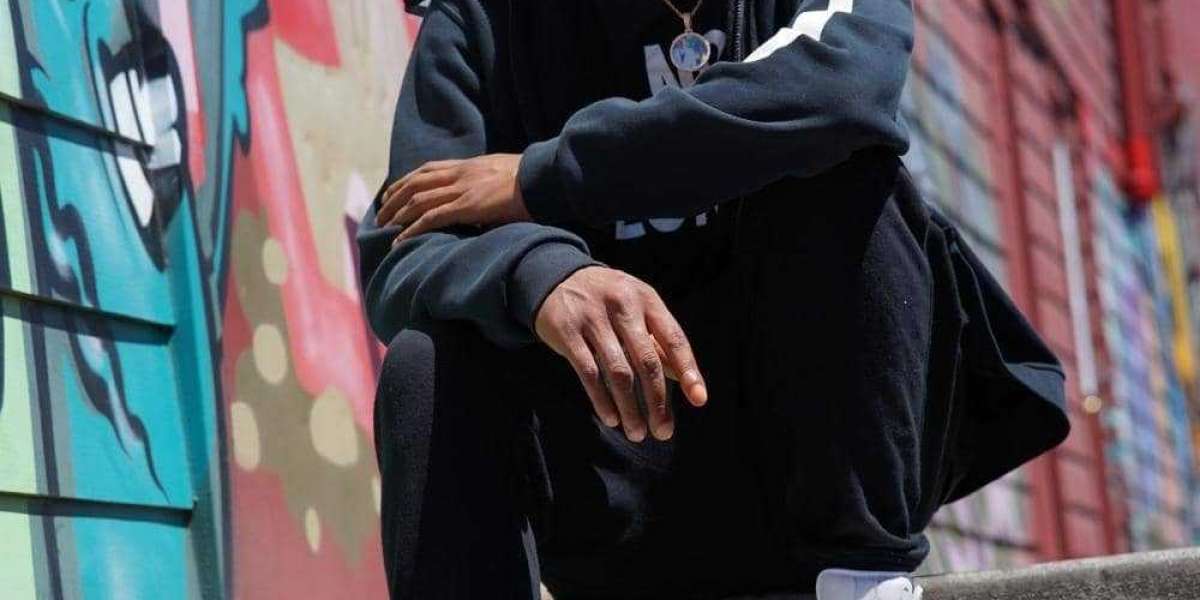Phyllis Webstad, the residential school survivor whose story ignited Orange Shirt Day and the "Every Child Matters" movement, has expressed concerns that the original cause is being overshadowed. Webstad, founder and CEO of the Orange Shirt Society, told IndigiNews that recent campaigns increasingly focus on the National Day for Truth and Reconciliation (NDTR), while Orange Shirt Day is receiving less attention.
In 2013, Orange Shirt Day was established when Webstad shared her story of how her new orange shirt—gifted to her by her grandmother—was taken away on her first day at St. Joseph's Mission residential school. This shirt has since become a powerful symbol to honor the children who never returned home and the survivors of Canada’s residential school system.
For over a decade, September 30 has been recognized as Orange Shirt Day across the country. However, since the official establishment of the National Day for Truth and Reconciliation in 2021, which coincides with Orange Shirt Day, Webstad has noticed that many public messages and government initiatives focus solely on the statutory holiday, marginalizing Orange Shirt Day.
"I don’t want Orange Shirt Day to be forgotten," Webstad emphasized, asserting that it was started by a survivor and needs to be respected. She also urged that campaigns recognize both Orange Shirt Day and the National Day for Truth and Reconciliation, explaining that “it’s not one or the other, it’s both.”
The federal government has acknowledged the importance of Orange Shirt Day, with Canadian Heritage encouraging Canadians to wear orange to honor residential school survivors. However, Webstad remains concerned, noting that Orange Shirt Day is often downplayed in messaging. Some search engines and official documents prioritize NDTR, with limited reference to the grassroots origins of Orange Shirt Day.
Webstad's concerns also extend to the commercialization of the cause. Orange Shirt Society has partnered with major retailers to sell merchandise, and while she understands the criticisms of commercialization, she asserts that without such partnerships, the society might struggle to survive.
As an Indigenous leader, Webstad remains steadfast in her mission to ensure that Orange Shirt Day continues to educate future generations. Reflecting on the importance of teaching the history of residential schools, she hopes the seeds of empathy planted through Orange Shirt Day will create a future where reconciliation is more than just a promise.
"I’ll never see reconciliation in my lifetime," Webstad said, "but we’re on the path. The seed has been planted with these kids in school."












